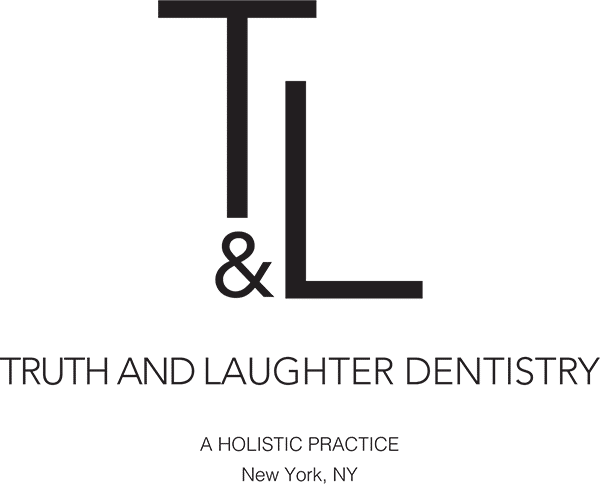
What is Hypnosis?
Tooth pain can be excruciatingly painful. That’s why as advancements were made in the field of dentistry over the years, a local anesthetic had to be developed to remove the pain factor from procedures and keep patients comfortable. Though as we grow and learn about human behavior, we have come to discover that nonpharmacological techniques can be used to increase pain tolerance and reduce dental anxiety. Most specifically, with the use of hypnosis.
At Truth and Laughter Dentistry we use Ericksonian Hypnosis utilising suggestions as a therapeutic aid in guiding a patient to a hypnotic state. Hypnotic state is a physiological state of altered consciousness.
With the right team and the right methods, hypnosis can prove to be very beneficial to dental patients, enhancing their experiences.
Benefits of Hypnosis
Hypnosis in dentistry can be used in various different ways, including:
- Reducing fear and anxiety during dental appointments
- Minimizing a disruptive gag reflex
- Halting uncontrollable habits such as bruxism
- Relaxing the TMJ to reduce pain
Are You a Good Candidate for Hypnosis?
A good candidate for hypnosis will be someone who:
- Reducing fear and anxiety during dental appointments
- Is strong-minded
- Has a good imagination
- Can easily get carried away listening to a good story, watching a movie, or reading a book
- Strong ability to focus and concentrate
Why Choose Truth and Laughter Dentistry?
At Truth & Laughter Dentistry, we look at the bigger picture of your overall health and wellness - and, that means offering holistic dental methods along with traditional procedures. This is not something you will find at many other dental offices.
We want you to have a healthy, comfortable dental experience. And hypnosis can help. This non-invasive, non-substance-induced state of calm can bring you all the comfort and ease you need to make it through the most complex dental procedures pain-free.
Let us show you how hypnosis works!
FAQs
How effective is hypnosis in dentistry?
The more it is used, the more we are seeing how effective hypnosis is in dentistry as a means of sedation. It has also been viewed as effective for handling dental anxiety, phobias, pain, and easily-aggravated gag reflex.
Can hypnosis reduce the need for local anesthesia?
In some instances, yes - hypnosis may be able to reduce the need for local anesthesia.
What does it feel like to be under hypnosis?
Using deep focus and concentration along with some verbal cues and repetition, you may feel like you are in a sleep-like state, but you will always be aware of your surroundings.

